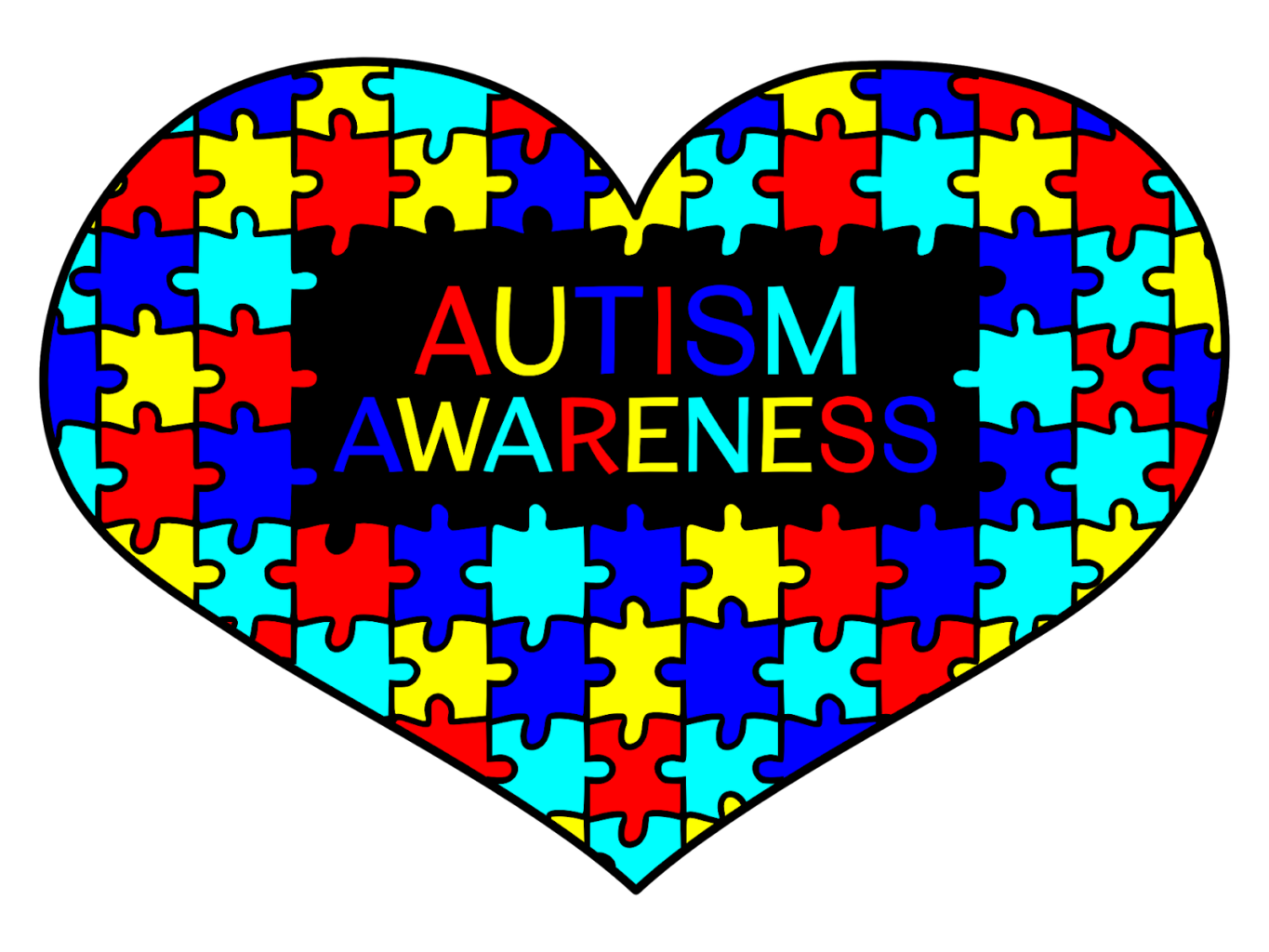Anyone who has children with autism knows how stressful and challenging it can be sometimes. You also know how rewarding it can be too. A child with autism can be far more sensitive than other children, and they need extra care and attention to avoid sensory overload. To ensure that they feel safe and secure in their own home, you need to put a lot of time and effort into creating a fully functional home. It needs to cater to their special needs and provide the right amount of sensory stimulus to help them remain relaxed and progress in their lives. Although it is impossible to be perfect, it is possible to make things a lot easier for all concerned. You need to consider all the senses and how someone with heightened sensibilities would react to a certain situation. To help get you thinking, here are some tips and advice:

Battling the Minefield
Be honest, do you tell your child to stop, no, be careful, don’t go in there, etc., an awful lot? Well, it probably means that your home is more like a minefield than a safe space. Sometimes a child will either withdraw or repeat the behavior. These reactions are not conducive to a healthy home. If possible, reduce the minefield. Lock some delicate items away, and only use items that don’t matter if they get broken. Also, think about all the dangerous things you have in your home and would be better off not being there. Could you use external storage, or even think about selling these items. Next time you are shouting no, don’t do that, make a note of what it is you are protecting your child from, and see what you can do to mitigate this risk. If you find that the setup of your home is particularly bad, and doesn’t allow you to keep a proper eye on your child, it may be worth thinking about moving. Moving may be difficult at first, but if you find the right place, it can solve a lot of issues. If this feels like a good option for you, there are plenty of real estate websites that you can use to find somewhere perfect and safe for your family.
A Sensory Room
A sensory room would be a fantastic addition to a home that has autistic children living in it. If things become too much, they can sit, relax and calm down in this room. Ideally, it would be great to transform a spare room. However, perhaps you could make their bedroom a sensory room, or even the concern of the living room. Fill the room with effects that you know will calm your child, such as incandescent lights, lava lamps, peaceful music, textured pillows, and furniture like seats, or even beanbags. It may even be possible to install an indoor swing where the movement has the effect of calming your child. Instead of having to fill the entire home up with specific sensory artifacts, a sensory room gives you the opportunity to create an enclosed and peaceful environment fully designed for your youngster.
The Visual
As mentioned above, children in the autistic spectrum have an over-sensibility when it comes to all the senses, so let’s take a look at the home you can reduce overstimulation. Starting with the visual. Someone with autism finds it hard to process visual stimuli. Think about the lights in your home, fluorescent lights are particularly bad, as are halogen lights, and if you have a flashing light, you need to take these away asap. Even something more subtle like flickering, even if it is barely noticeable to you, a person with autism can be driven mad by it. Also, are there any lights that buzz or hum, try and replace these? Glare on screens is also a cause for concern. Place the television somewhere that glare from daylight can’t affect it. Also, if you use tablets, ensure that your child is placed in a position that the sunlight does not affect their ability to see the tablet. Paint colors are important here too. You will not want bright, jazzy colors causing a visual disturbance. Paint the home in muted colors that are relaxing and calming. Ensure that your furniture and any pillow and throws are also muted too. Another thing to consider is the amount of clutter you keep. It may be an idea to adopt a minimalist approach to life when you have a child with autism. The fewer things you cling to, the less stress you and your child will feel. Minimalism is about holding onto the things that serve a purpose and add value to your life. Be honest when you look around, what can you get rid of.
Audio
Sounds can also cause your child an awful lot of distress. One great item you could buy, or buy a few of, are noise-canceling headphones. In times of need, these headphones can be a lifesaver, mitigating a meltdown and regaining calm. So, if there is some commotion going on outside, perhaps its the bin lorry day, or maybe the neighbors’ dogs won’t stop barking its head off, or possibly your other children have gotten into a row with each other, if you have these headphones dotted about you can easily retrieve one and prevent things escalating. Another thing to consider is replacing any hard floors with soft ones, like noise-canceling carpets. The sound of heels on tiles may not be advisable. How about replacing any windows with more sound-proof windows, or even sound-proof curtains. You could also add insulation to the walls. If money is tight, work out from your child’s bedroom. As long as they have a safe space, you know they have somewhere to go when things get too much.
Smell
The sense of smell is a very strong and overwhelming sense, and in people with autism generally have a stronger sense of smell and are more disturbed and distracted by smells. A home that has too many strong fragrances, for example, can cause them to have a meltdown. So avoid plug-in air fresheners and air sprays. Also, consider using perfume and aftershaves in rooms with sufficient ventilation, and only use these products if you intend to go out for the evening, away from your child. You need to think about what you use to wash your clothes too. Also, when you cook, do you have a decent extractor and the ability to close the kitchen off from your child? It may even be necessary to move if your home is near somewhere like a farm or a sewage works that often gives off overpowering smells. You really need to consider all options, because not being able to open a window could be a real nightmare. However, not all smells are bad. You will find that some smells are actually relaxing and have the effect of calming your child. Think about experimenting with fragrance, and aromatherapy to find something that has this positive effect.
Touch
Don’t forget about the sense of touch. This is a very important sense, especially to people with autism. Why not experiment with a variety of textures and discover some that your child is particularly attracted to. Create pillows and throw out of these popular textures. Try and eliminate any textures that your child finds disturbing, even if you like them. Think about the temperature of your home too. A child with autism may not be able to deal with intense heat or cold every well. So, ensure your heating and AC units are working effectively with regular maintenance checks.
This is a contributed post and therefore may not reflect the views and opinions of this blog or its author. ☺





This article is extremely helpful and it really goes over so many things the parents of a Autistic child could overlook. Often I only focus on safety issues within my home and forget how many other things can trigger my nonverbal Autistic Son.